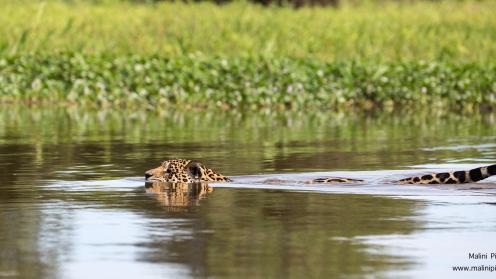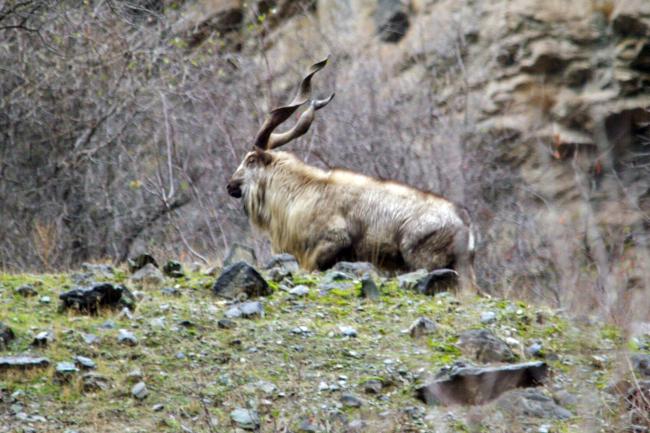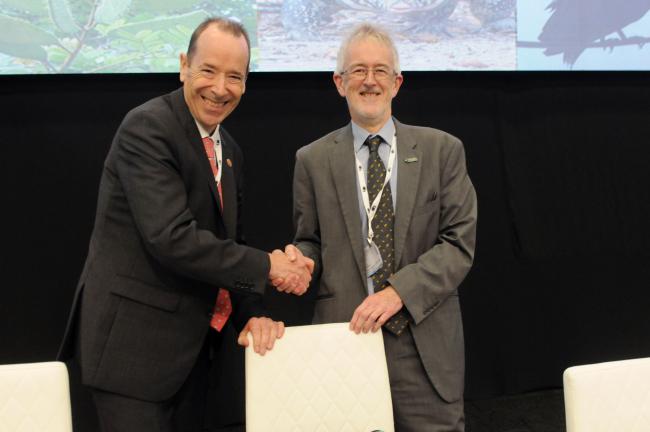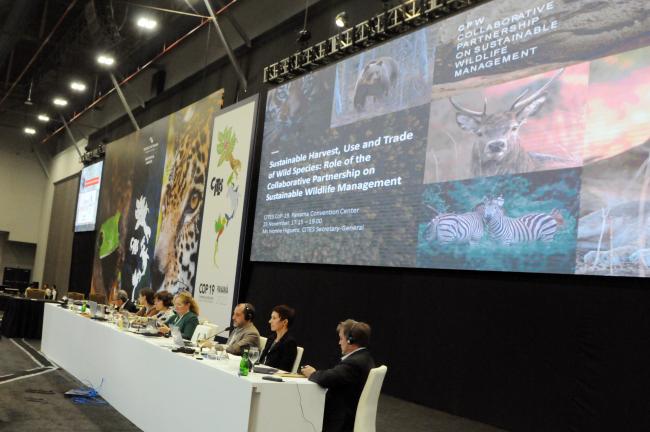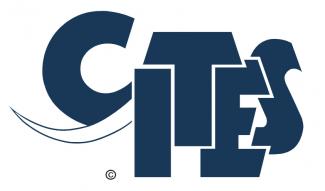A powerful thunderstorm rolled through Panama City as Committee participants gathered for the last day of deliberations on Wednesday, finishing outstanding agenda items and in-session documents before they reconvene in plenary on Thursday.
Want to dive deeper? Read the full Earth Negotiations Bulletin daily report.
Committee I considered remaining listing proposals, including on the narrow-bridged musk turtle as well as a range of strategic and trade matters, including on non-detriment findings and trade in stony corals.
Committee II engaged in a lengthy debate on sustainable financing for elephant and other wildlife conservation. Some countries supported the working group’s proposal to set an intersessional process and establish a fund for elephant and rhino range states—conditional to the non-commercial disposal of their ivory and rhino horn stocks. Many others rejected it, with several elephant range states arguing that they had not been consulted in its creation, and one calling the document “mischievous and divisive.” Several countries opposed reference to the disposal of ivory and rhino horn stocks as a prerequisite to financing for elephant conservation.
The proposal was eventually voted down. Pangolins proved similarly contentious as the UK sought to table a compromise package: it proposed that rather than closing domestic pangolin markets, parties ensure that domestic markets do not contribute to illegal international pangolin trade. That proposal was voted down as well.
Throughout the day, more side events were held on, among others:
- Ornamental fishes, sharks and rays;
- Wildlife crime in Nigeria;
- International trade in frogs’ legs;
- Community engagement; and
- Sustainable use, harvest, and trade of wild species.
All ENB photos are free to use with attribution. For CITES CoP19 please use: Photo by IISD/ENB | Diego Noguera
